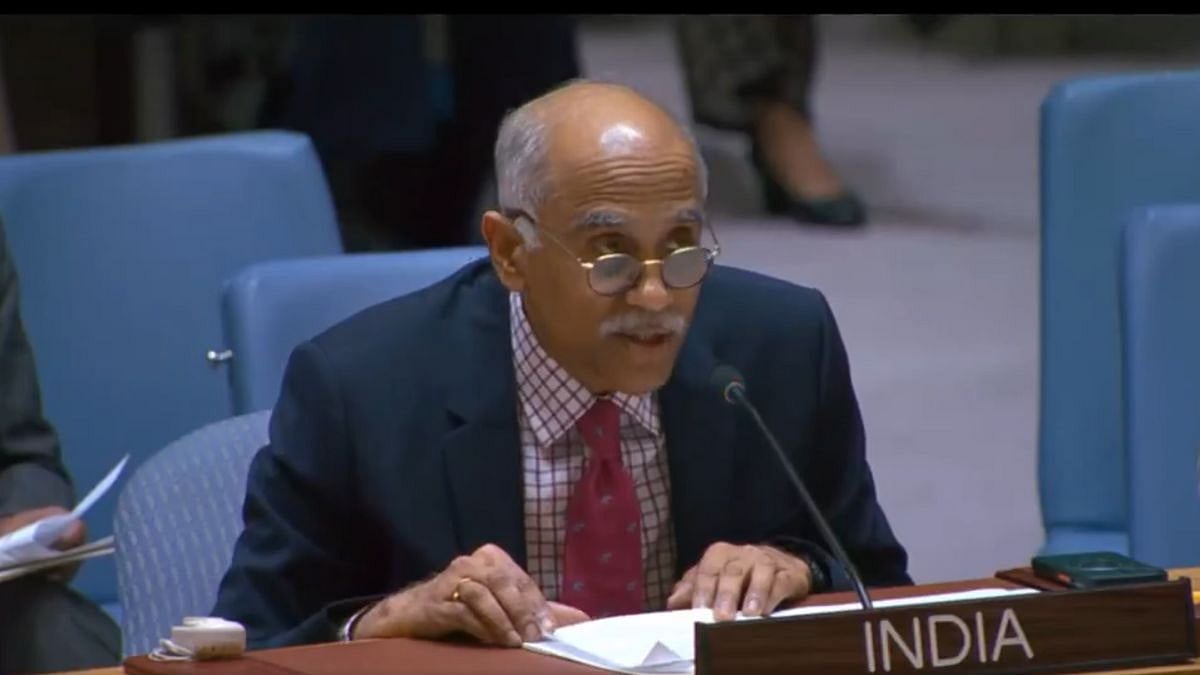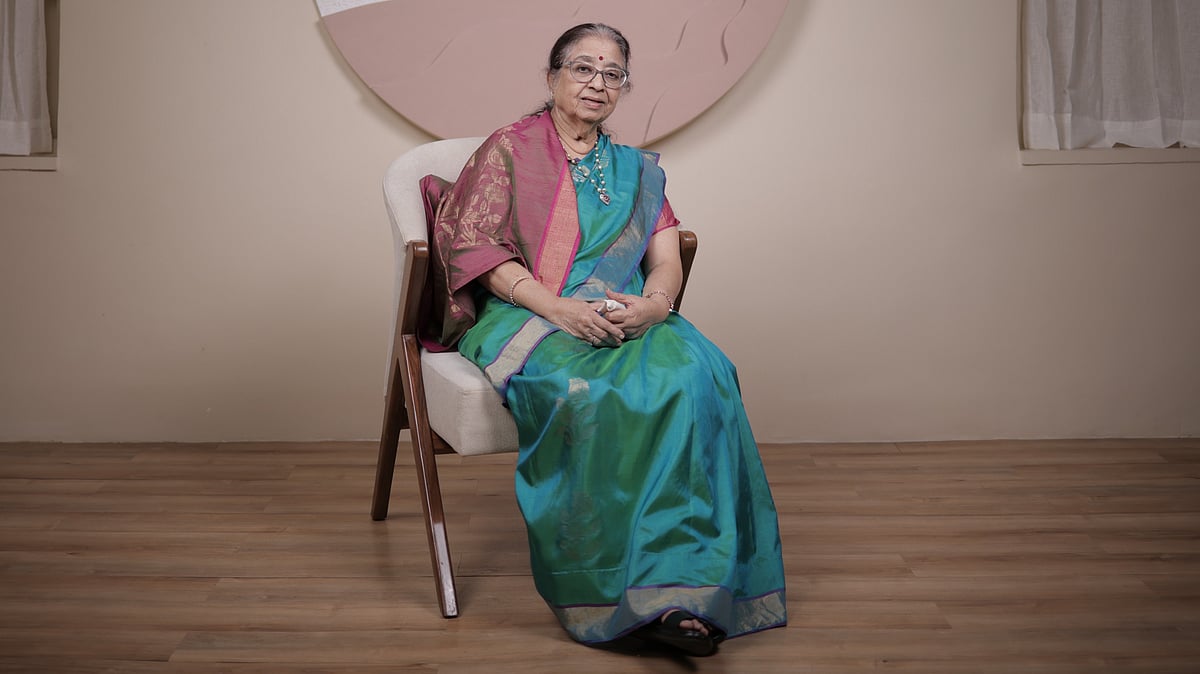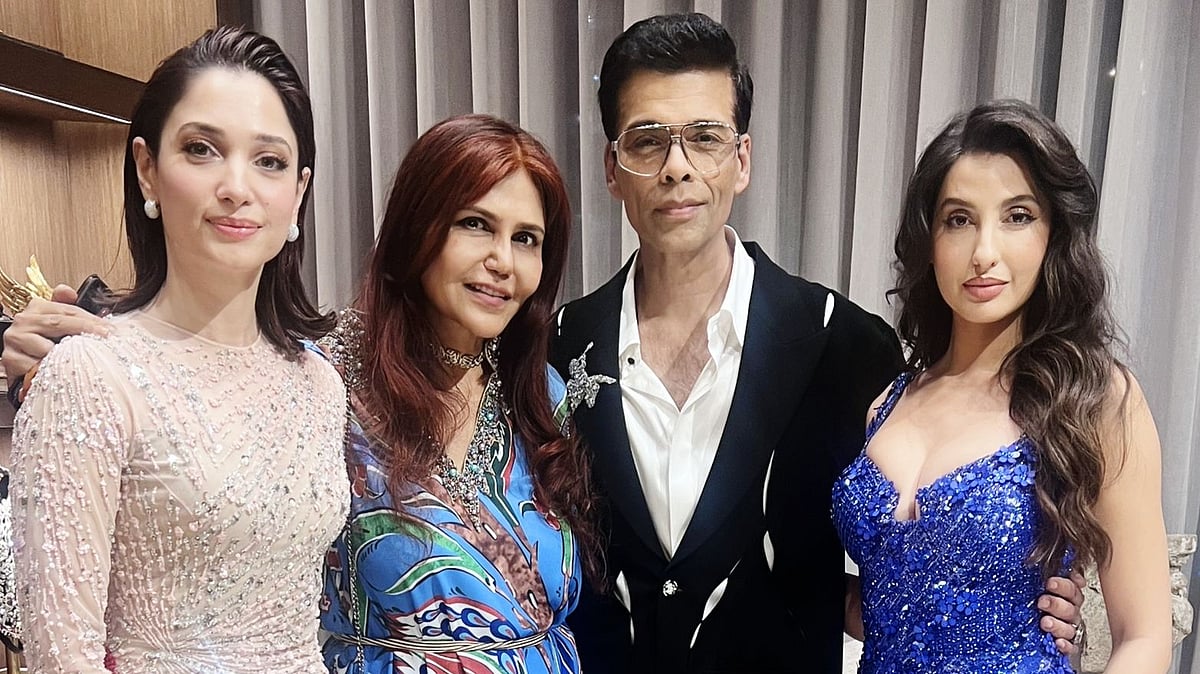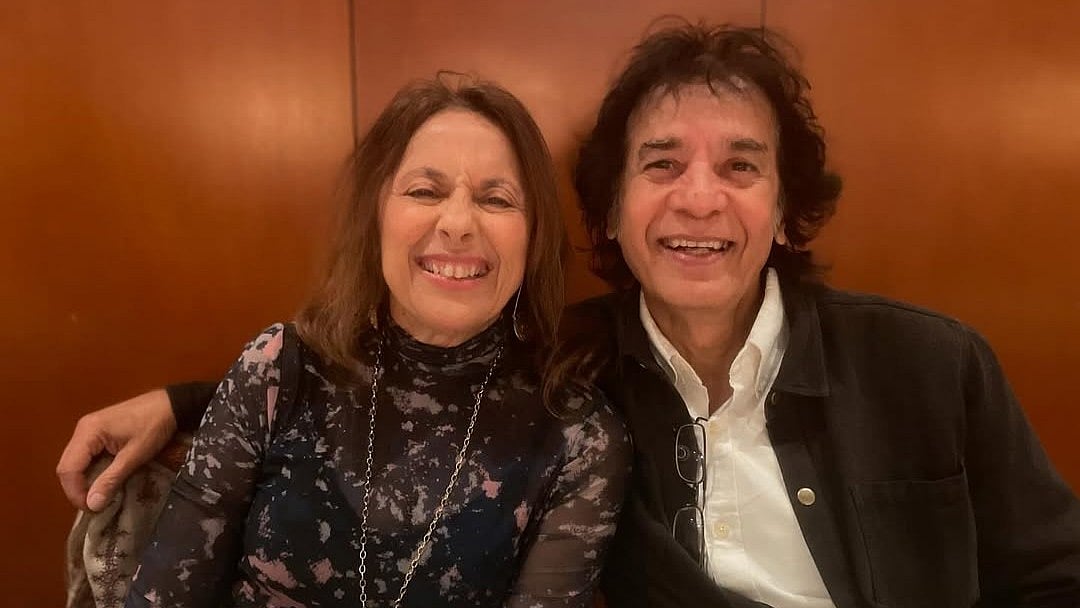One of southern actor-star turned politician Kamal Haasan’s party Makkal Needhi Maiam’s poll promises for the upcoming Tamil Nadu elections is to recognise the work so many housewives put in at the house. Many times without flinching, and sometimes because they may not have the courage to break through a patriarchal system that expects this from them. Day in day out. A series of gender surveys have shown women engaged far, far more in household duties in comparison to men. That disparity could not be more visible than last year, when people were forced to stay indoors.
It did not help when social media posts lauding women for the housework they do went around on WhatsApp, during lockdown last year. Therefore, with perhaps the intention to level the playing field, and recognize this work at home, politicians like Haasan have decided that “Paying housewives for doing their job is an idea whose time has truly come and we shall ensure it.” In agreement is another politician. The forward-thinking and glib Shashi Tharoor. Said Tharoor on Twitter, “I welcome @ikamalhaasan’s idea of recognizing housework as a salaried profession, w/the state government paying a monthly wage to homemakers. This will recognize and monetize the services of women homemakers in society, enhance their power and autonomy and create near universal basic income.”

Hence, what do we say? The questions are numerable. Is this even a good idea? The ayes and the nays are mixed. Some people, homemakers and career women included, are of the opinion that payment for home duties will only strengthen these already existing biases about what a woman can do. Others welcome the move and will happily accept whatever the state gives them as compensation. “Why not!” says homemaker and professor Poonam Kanwal. “Last year I spent 6 or 7 months doing practically all the work at home. I just wasn’t happy with my husband’s cleaning and I ended up doing everything. It was not a joke! It’s not always about love and the heart and compassion for the family. One needs money to survive too. I don’t mind if that extra something goes into my kitty!”
So what do the others feel? A similar kind of nonchalance and acceptance for the idea, without having issue with the whole concept? Food blogger and home chef Shital Kakad doesn’t feel that much concurrence with Kanwal. “I have always loved cooking and I work happily for my family at home. I would say I’m a housewife by passion and I get paid in all the love I receive from the entire family which completely compensates.”
Practically speaking, while some like actress Kangana Ranaut may scoff at the idea, and others like Tharoor want to see this work be elevated in status through payment, one is still unsure of what the fine print of such a plan will be. Shares author and journalist Tara Kaushal, “I am interested to watch how this will work.” Kaushal mentions how she believes the hours and effort women put into housework to keep everything running is primarily the bulwark of a man’s workplace success. “The unpaid, unacknowledged labour of women has always been the backbone of men, of children, of families in general, and enables the careers, dreams and desires of everybody around them.”
I have always loved cooking and I work happily for my family at home. I would say I’m a housewife by passion and I get paid in all the love I receive from the entire family which completely compensates.
Food blogger and home chef Shital Kakad
If one puts things in that perspective, politicians like Haasan and Tharoor may certainly be on to something. Paying the doers of a relatively thankless job. “It is high time this is recognised and acknowledged as labour, and paid as such. Because financial independence is an important factor in female emancipation.”
Thinkers on the opposite end of the spectrum do not, however, want to see women’s roles made more rigid through such an arrangement. Shares psychologist Shrradha Sidhwani, “Women must be empowered at the basic level. Empowerment is about empowering them in different ways – through education, learning and growth. Empowerment cannot be only from the financial aspect of things. One needs to empower their personalities. The suggested plan is not a whole-sole solution. I don’t see how such a plan helps? Women need to be helped in developing broader skills sets. This law may reinforce negative patterns and conditioned norms in society.”
Expresses lawyer Anooja Menon, “Housework should be distributed. Fundamentally, I have a problem with this idea. It’s not a job actually. I agree that housework should be appreciated, and perhaps housewives who get this money may be able to save up a little and even spend some on a holiday. But, I don’t believe recognising household work as a woman’s job is the way ahead. It’s not her responsibility. In my house my father washes dishes after dinner. We all chip in. It’s not just my mum’s responsibility to do the housework. So what about our house? How will such a plan be implemented in our house? Will everyone get a share of that salary paid to housewives?”
Last year I spent 6 or 7 months doing practically all the work at home. I just wasn’t happy with my husband’s cleaning and I ended up doing everything. It was not a joke! It’s not always about love and the heart and compassion for the family. One needs money to survive too. I don’t mind if that extra something goes into my kitty!
Homemaker and professor Poonam Kanwal
Education consultant and homemaker Soniya Lalla is of the opinion that wives earning from household chores may spell trouble, encouraging some more negative patterns in behaviour among husbands. Leading them to stop working, taking away their spouses’ earnings. Lalla believes a better plan may be compensation in other ways such as giving women perks like vouchers than just transferring more money into their hands for home tasks.
Clearly the takers for this plan have markedly different opinions when compared to the opponents of the plan. We only hope politicians like Haasan, who may only want the good and upliftment of women in general will take note. We also hope idealistic ways of thought can be married to practical thinking. It is important to recognise social malaise for what it is and empower the needy in the most suitable ways possible. So that genuine empowerment is transferred onto them, and not just a band aid delivered. We think both sides have relevant points and the debate may lead to change.
When we spoke to Kanwal’s maids, both agreed that they would love the “phukat ka” compensation from the State. Well, that came from the horses’ mouths, so to speak. “I respect Kangana’s opinion. Everyone has a right to say what they think. However, maybe she doesn’t agree because she hasn’t become a mother yet. Is anything returned? What we do for our children and families? Other than video chats, there’s nothing more. If my car breaks down, I have to get it done. My children aren’t even in the country right now. There may be pros and cons to this plan, but it is important to recognise a lady’s efforts too. My husband kept getting promotions in office but who kept the house running?” says Kanwal. “Behind every successful man is a woman!”










